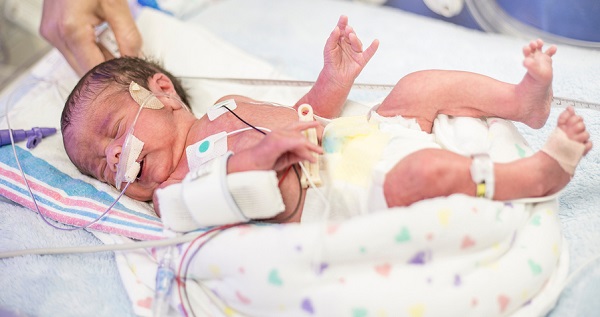
Earlier than expected
To be born earlier than expected can present its own battles for survival that must be fought fiercely by child, parents, families, health workers and the entire society.
This is the reason the whole world unites every November to advocate and serve a reminder that children born too soon are special and must be given every possible support to survive and thrive.
The World Prematurity Day celebrated on November 17 every year was chosen at a Parents’ Organisation meeting in Rome, Italy in 2008. In that meeting, one advocate had just become a proud father to a daughter, after having lost his triplets just because they were born earlier than expected.
Sad as it is, research, technological advancement and commitment from parents, hospitals, non-profit organisations, healthcare professionals, politicians, media etc have all contributed to improving the well-being of children born too soon by ensuring the best possible prevention, treatment, care and support.
It is known, therefore, that three-quarters of deaths due to prematurity are preventable.
Early
In spite of these great strides, it is still reported by the World Health Organisation (WHO) that one in 10 babies are born too early globally.
It is estimated that over 13 million children are born prematurely. This issue demands attention because prematurity (and its complications) is the leading cause of mortality among children under five years of age globally.
Preterm birth is associated with major illnesses, disability and developmental delays. In adulthood, persons born prematurely are not spared a higher risk of suffering chronic illnesses.
The theme for the year, therefore, hinges on access to quality care for preemies and their families. The earlier a baby is born, the more intense the care must be. In low-income countries such as Ghana, it is reported that nearly half of all the babies born about two months before their due date die, and it is in such places that majority of premature births occur too. This is not so in high-income countries where all the babies born at such a time survive.
gs includes providing feasible, cost-effective care such as warmth (kangaroo mother care), breastfeeding support and basic care for infections and breathing difficulties.
Quality of health care borders on ensuring that premature babies do not suffer more harm in the course of their care.
The safety issue is paramount and requires that more health workers are trained to care for these babies. The use of evidence-based scientific knowledge in the care is key.
That is why great efforts are made to develop national guidelines. As such, these must not be ignored on the pretext of “this is how it has always been done”.
These skilled workers must also be distributed equally across the regions so
